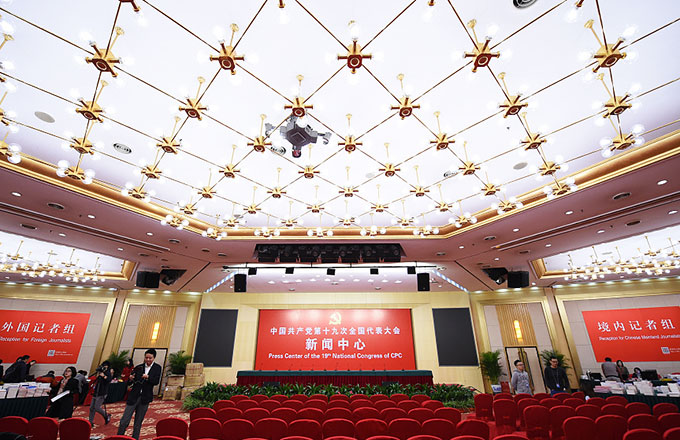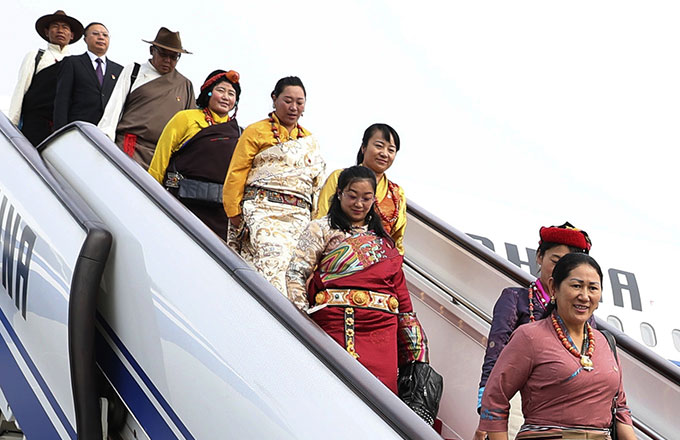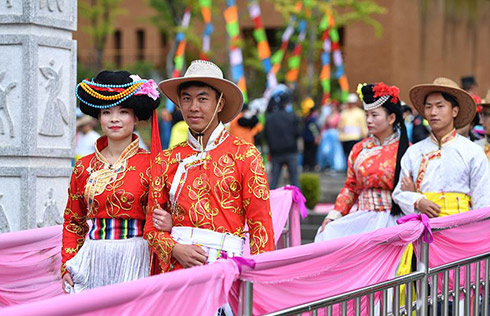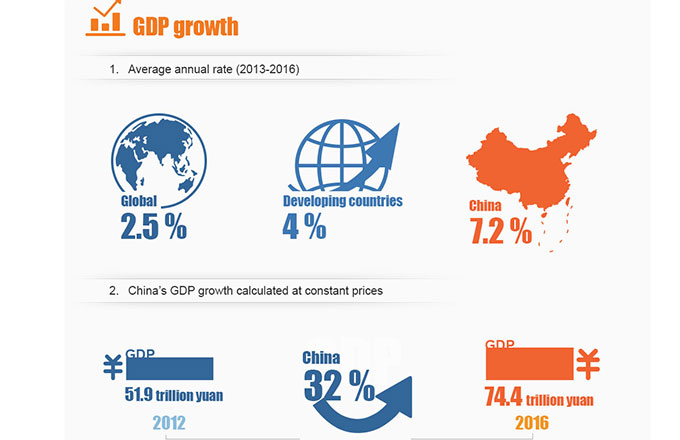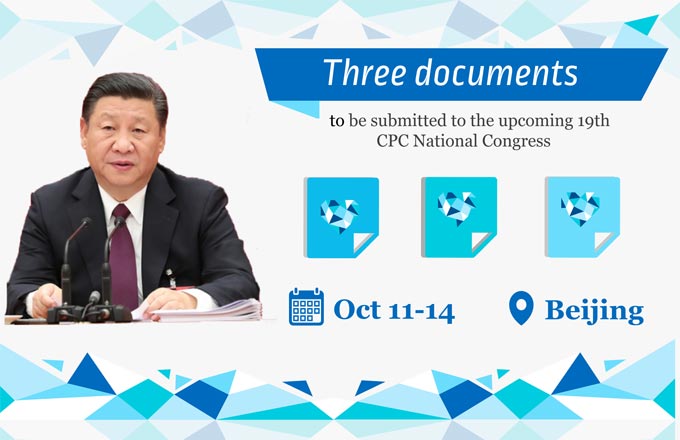Pomegranates promote prosperity
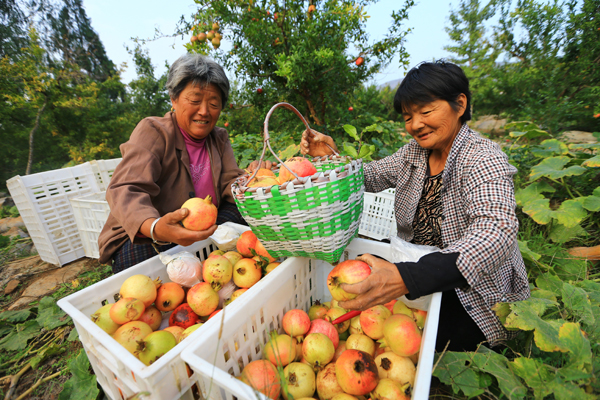 |
|
Residents pack pomegranates at a 4,000-hectare plantation in Liuyuan village, Huaibei. Wan Shanchao/China Daily |
More than half of the 800 households in Liuyuan, in Huaibei, Anhui province, have annual incomes of more than 100,000 yuan ($15,000), making it the richest village in the city.
According to the residents almost all of the households have an interest in a pomegranate plantation that covers more than 4,000 hectares. In fact, the name Liuyuan means "pomegranate garden".
Though the plantation has been in existence for several centuries and has nearly 2,000 pomegranate trees planted during the Ming (1368-1644) and Qing (1644-1911) dynasties, it was only recently that the village was built into one of China's largest areas of pomegranate cultivation.
Local officials said it was partly a result of efforts made by the government of Huaibei, one of China's largest raw coal production bases, to reduce reliance on the coal sector and improve the natural environment.
Until 2012, the 3,000 residents of Liuyuan, which is located at the foot of once-barren hills, only had access to a limited amount of arable land.
Then, the local government began a program to support the villagers' efforts to grow pomegranates. The support was based on many years of work by village cadres and residents, according to Liu Zhengde, one of the cadres.
"Starting in 1992, some of the villagers, led by the cadres, began planting pomegranate trees on the wide span of a barren mountainous area", the 68-year-old retired primary schoolteacher said.
The plantation was partly a response to the local authorities' calls to cover the hills in trees.
"From 1992 to 2000, hundreds of hectares of pomegranate trees were planted, while the flat, fertile land was still used to grow grain", Liu added.
In 2000, the village cadres wanted to expand the plantation into an area used for the cultivation of grain because the existing trees had been fruitful and the cadres thought the fruit would bring the villagers more money.
"Despite trying very hard, the cadres received limited support from the villagers during the following decade", said Liu, who became a cadre in 2009.
As the environment had improved greatly and the pomegranate plantation had expanded, the local government succeeded in listing Liuyuan as a provincial pilot village in the province's 2012 plan to develop beautiful rural areas.
"The pomegranate plantation was designed to be Liuyuan's pillar industry and the villagers were given a lot of subsidies," Liu said.
The subsidies helped the expansion of the plantation, and the fame attached to being named as a pilot village attracted many tourists to Liuyuan. The influx of visitors has made it easier to sell the fruit, and a number of villagers have decided to give up growing grain and are migrating to cities for work.
In September, last year, Liuyuan was listed as an AAAA scenic spot - the second-highest grade in the tourism sector - and the villagers' average annual per capita income rose to more than 16,000 yuan.


